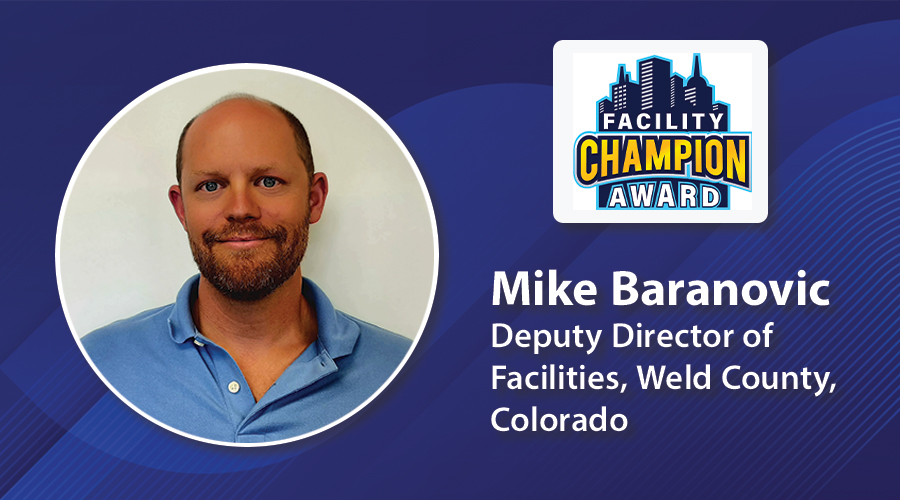Personal Solutions
Leadership Strategy: Learning to Succeed
Making the transition from new manager to great manager can be tough, but it might not be as tough as it seems at first.
One characteristic that great managers and leaders have is the ability to find duties and projects from which they can learn, according to researchers at the Harvard School of Business.
“Those who are able to grow beyond their initial strengths and develop a broad repertoire of talents are more likely to progress in their careers because they have the requisite abilities to meet the ever-changing demands of their jobs,” says Linda Hill, a Harvard Business School professor. Conversely, one characteristic of managers who derail is that their initial strengths become later become fatal flaws, she says, adding that when these managers face new challenges, they rely on initial skills, even when they are no longer good enough.
Managers can benefit from seeking duties that involve change and require them to stretch their skills, Hill says. These types of projects force managers to set a direction, communicate that direction to diverse parties, and figure out how to motivate those parties to implement their strategies and fulfill the vision.
“The more revolutionary — as opposed to evolutionary — the change, the more powerful the leadership learning opportunities,” she says.
Recycling Resource
If your facilities are like most, each year they produce a tremendous amount of concrete, asphalt, drywall and other construction material that you must dispose of, and much of it probably can be recycled.
Now, the U.S. General Services Administration offers an online resource to address the issue. The Construction Waste Management Database “promotes the disposal of waste related to construction and demolition.” The database contains addresses, phone numbers and, in some cases, Web sites for more than 2,000 companies that haul, collect and process debris from construction projects.
Managers can search for companies that handle concrete, gypsum drywall, asphalt, masonry, wood, cardboard, metal, and appliances. More information.
HazMat Focus: Pharmaceuticals
Over the last five years, the U.S. government has taken greater interest in hazardous-waste management in facilities. Now, pharmaceutical waste is taking its turn in the spotlight. Items often found in this category include outdated pharmaceuticals, IV preparations, and patients’ personal medications.
Managers in healthcare facilities should be prepared with answers and solutions to questions surrounding this diverse waste stream. Two Web sites offer guidance:
Related Topics:











